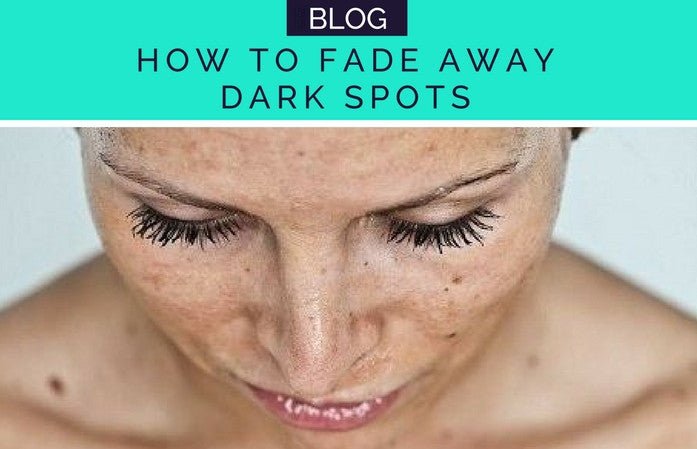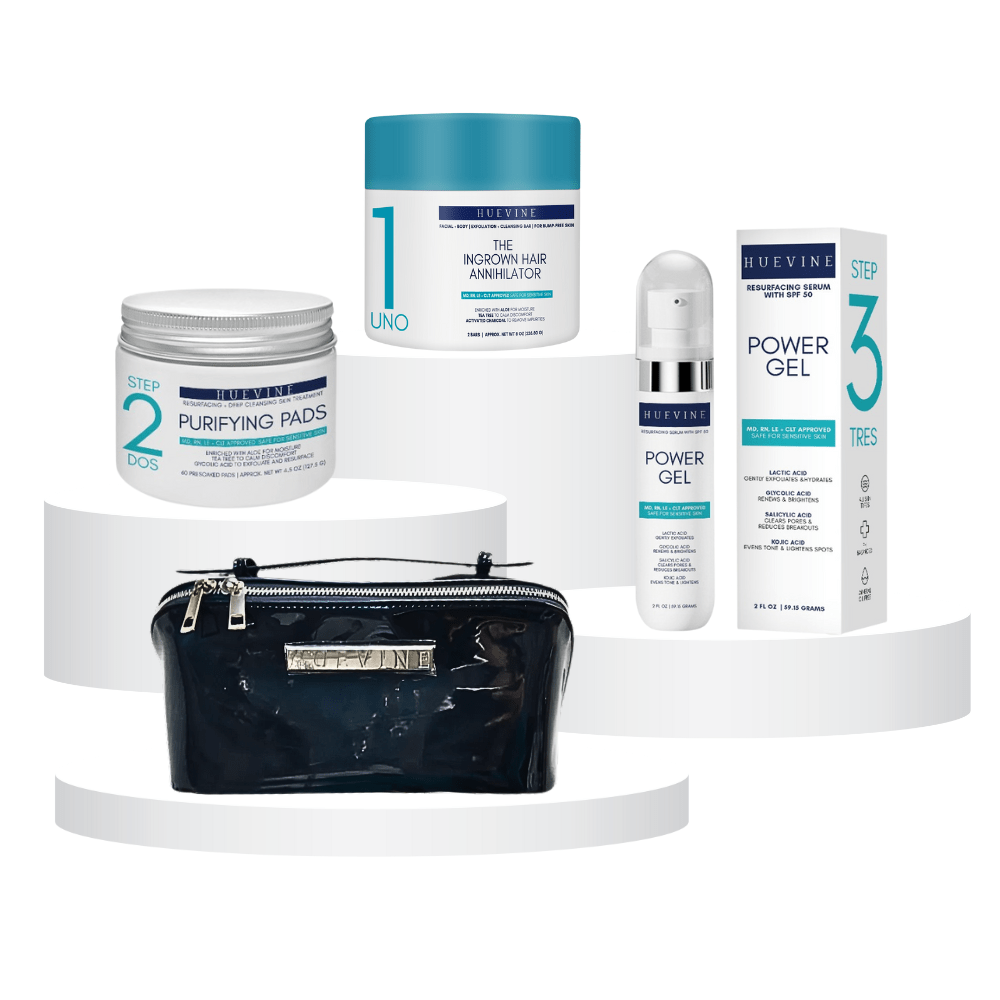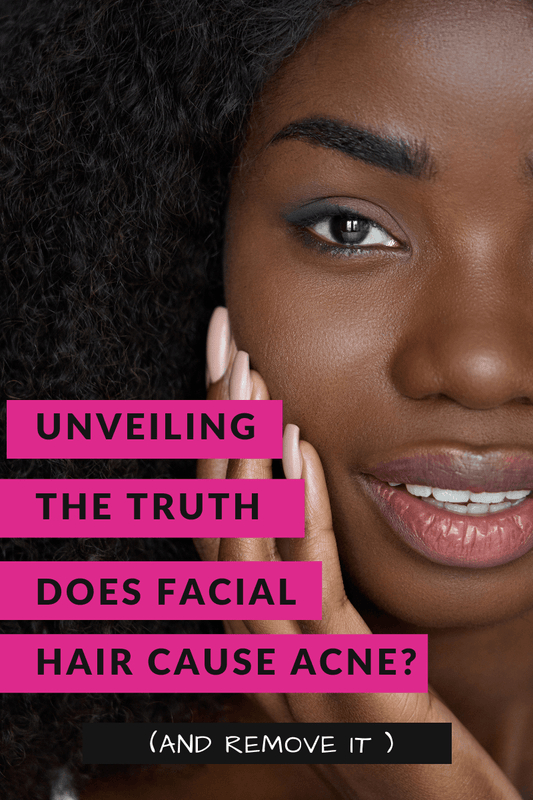Post acne marks, or macules, are commonly referred to as “acne scars." Real acne scars, however, are the indentations or protrusions left behind by acne. Acne marks, on the other hand, are the flat red or brown dots left behind by pimples. They are also a type of post-inflammatory hyperpigmentation.
Most of the time, acne marks and dark marks that you get from skin wounds will go away on their own. However, for some people, it can take anywhere from six months to many years for them to lighten completely. Other forms of hyperpigmentation (ones from aging, allergies, etc.) don't fade on their own and may even get darker as time goes on.
When should you treat dark marks?
The best time to start using active treatments on dark marks is when the marks are no longer an open injury. If the post-acne mark still looks moist or has a scab, wait for it to dry up and for the scab to fall off on its own before you start any dark mark fading treatments. Exfoliating or using an aggressive treatment while your skin is still repairing itself will only prolong the healing process.
Think about it this way: if you had a cut on your arm and you wanted the cut to go away faster, you wouldn't apply an acid (like an AHA) to the cut. Applying an acid would probably re-injure your skin and keep it red longer. The same line of thinking applies to any injuries (post-acne spots or not) on your face. While your skin is still red and raw, use healing products to speed up its recovery. Once some of the bright red fades from the acne mark, you can then start using an exfoliating treatment.
How long does it take for dark marks to fade?
Exfoliating or using topical products helps shorten the amount of time it takes for red marks to fade, but any product you use will still take time to work. Even if you are exfoliating every day or using the right products, dark marks won't fade immediately. Everyone's skin is different, but with consistent and long term use, you should see results in around two to three months. Depending on how fresh your acne marks are and how fast your skin naturally heals, you may even see results sooner.
While your marks are fading, you may notice some dry skin flakes around the mark or even a dead layer of skin forming over the mark. If this happens, do not pick it off. Let your skin shed on its own when it's good and ready - it's all part of the process of your skin healing itself and you don't want to disrupt it or you'll just make it take longer for your skin to recover. The good news is, most post-acne marks will fade with time. You just have to be patient!
However, if you are really impatient, you can opt for facial procedures such as chemical peels, lasers, and/or microdermabrasion for faster results. Facial procedures do not perform miracles either because they also take at least two to three treatment sessions spaced several months apart for you to start seeing your desired results.
Good things come with time
If you want a quick fix for any dark spots, a good concealer will do the trick. Otherwise, the best way to fade acne marks is to: 1) prevent the marks from getting darker by wearing a good sunscreen, 2) help your skin's renewal process by using exfoliators or skin lighteners, and 3) be patient!
TRY THESE SIMPLE TRICKS TO FADE AWAY DARK SPOTS



